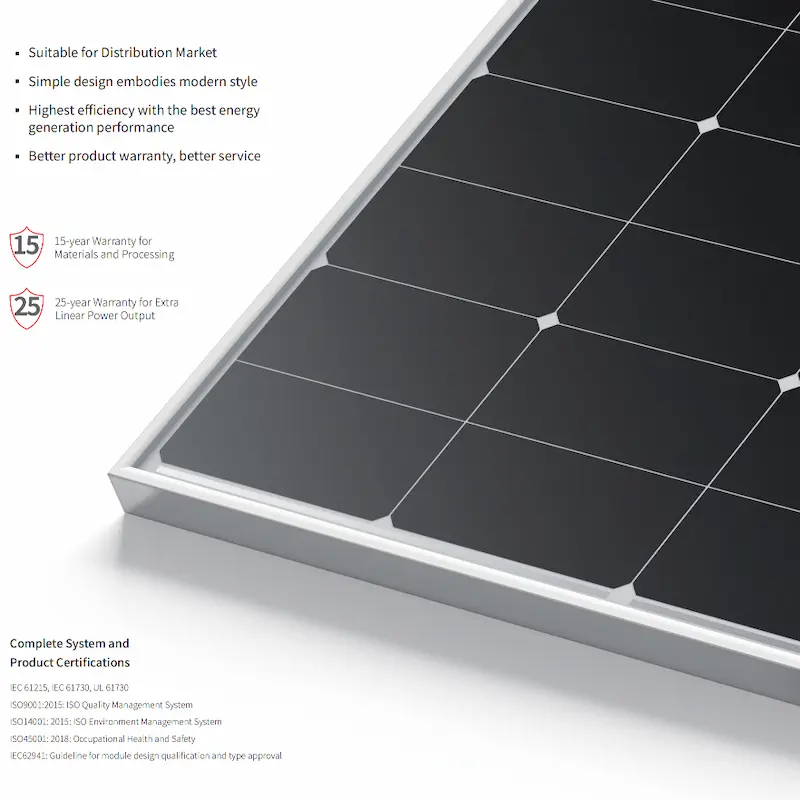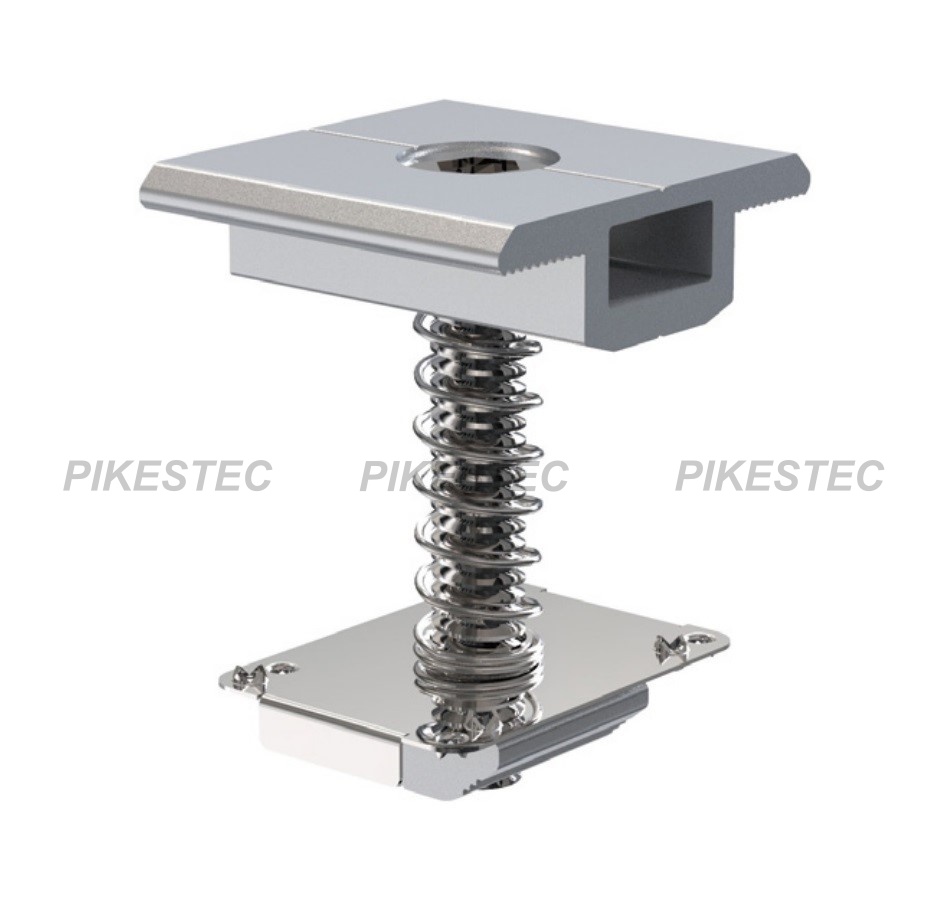Solar panel kits:complete guide,pros and cons,are they worth it?
Solar panel kits bring the eco-conscious and cost-saving advantages of solar power directly to the hands of DIYers. Standard solar panel systems can be prohibitively expensive and complex to install. DIY solar panel kits let motivated homeowners install their own solar systems while saving a significant amount of money on installation charges.

Pros and cons of solar panel kits
Pros:
Do It Yourself: One of the primary advantages of solar panel kits is that they are designed for DIY enthusiasts. These kits come with detailed instructions and all the necessary components, allowing homeowners to install the system themselves. This hands-on approach can be rewarding and empowering, giving individuals a sense of accomplishment and control over their energy production.
Cost Savings: Installing a solar panel kit can result in significant cost savings. By handling the installation themselves, DIYers can avoid the high labor costs associated with professional installation. Additionally, the pre-assembled and compatible components in a kit can reduce the time and effort required to set up the system, further lowering overall expenses.
Green Energy: Solar panel kits provide a sustainable and environmentally friendly source of energy. By generating electricity from the sun, these systems reduce reliance on fossil fuels and decrease greenhouse gas emissions. Using solar power helps to lower your carbon footprint and contribute to a cleaner, more sustainable future.
Cons:
Dangerous to Install on Roof: Installing solar panels on a roof can be a hazardous task, especially for those without prior experience. Working at heights increases the risk of falls and injuries. Proper safety precautions and equipment are essential, and it is important to consider whether you have the necessary skills and tools to perform the installation safely.
Risk of Damage: Handling and installing solar panels and other components requires care and precision. Improper handling or installation can result in damage to the panels or other parts of the system, potentially leading to reduced performance or even complete failure. Ensuring that all components are installed correctly and securely is crucial to avoid costly repairs or replacements.
Tax Incentives May Not Be Claimable: Depending on local regulations and policies, DIY solar panel installations may not qualify for certain tax incentives or rebates that are available for professionally installed systems. These incentives can significantly offset the initial cost of a solar system, so it is important to research and understand the eligibility criteria in your area. Consulting with a professional or the relevant authorities can help clarify whether a DIY installation will qualify for these benefits.
In summary, solar panel kits offer several advantages, including the ability to install the system yourself, significant cost savings, and the use of green energy. However, they also come with potential drawbacks, such as the dangers of roof installation, the risk of damage during the process, and the possibility that tax incentives may not be claimable. Carefully weighing these pros and cons can help you make an informed decision about whether a DIY solar panel kit is the right choice for your needs.

Factors to consider before installing solar kits
Solar Panel Types
Solar panels are monocrystalline, polycrystalline or amorphous. Most solar panels are either monocrystalline or polycrystalline.
The best solar panel kit for efficiency is one that has monocrystalline solar panels. With monocrystalline solar panels, each solar power cell is one crystal. Polycrystalline solar panel cells contain several smaller crystals in each cell. Polycrystalline solar panels are less efficient than monocrystalline panels, but they are often lower cost up front.
Amorphous solar panels, made from a thin, bendable film, generate little power and are more suited for watches or calculators than for home use.
Roof Type
Installing DIY solar panel kits on steeply pitched roofs is more difficult, dangerous and expensive than lower roofs. Never install solar panels or complete any work on your roof unless you are confident you can do so safely.
One advantage of high-angled solar panels, though, is that you won’t have to clean your solar panels quite as often.
Electrical Energy Consumption
Use a solar calculator to determine the exact system size for your home’s energy. Buying a system that’s too small leaves your home without sufficient power. Buying a system that’s too large means needlessly spending more money than is required. Many DIY solar panel sites will also have resources to help you choose or even help desks with experts to guide you.
Sun-Hours and Climate
The number of sun hours and the intensity of the sun, along with climate, play into calculating energy consumption needs. Direct sunlight is always best, but this can be blocked by elements that cannot be removed (buildings, for example), which can have an effect on the solar panel output. They can also be blocked by elements that you can alter (trees) to maximize the performance of the solar panel kits.
Cost vs. Time
Be sure to first calculate the cost vs. time benefit of DIY solar panel kits. Many household improvements reach a point when the initial cost outlay has essentially been paid for, usually by an increase in property value. Solar panel kits are unique: They are the only common home improvement that can generate a direct profit prior to the sale of the house, by selling energy to the power company. Again, this won’t be available everywhere, so do your research.

Are solar panel kits worth it?
Besides generating green energy, another advantage of solar panels is their cost savings when you are able to maintain an energy-neutral system (no need for grid power) or to even sell the power back to the power company.
But the cost of a solar panel kit must be factored into those savings. The high upfront cost of a whole-house solar system can take years to amortize.
Conclution
You can contact us and consult with solar panel kits installation professional to determine the most suitable system for your project.




